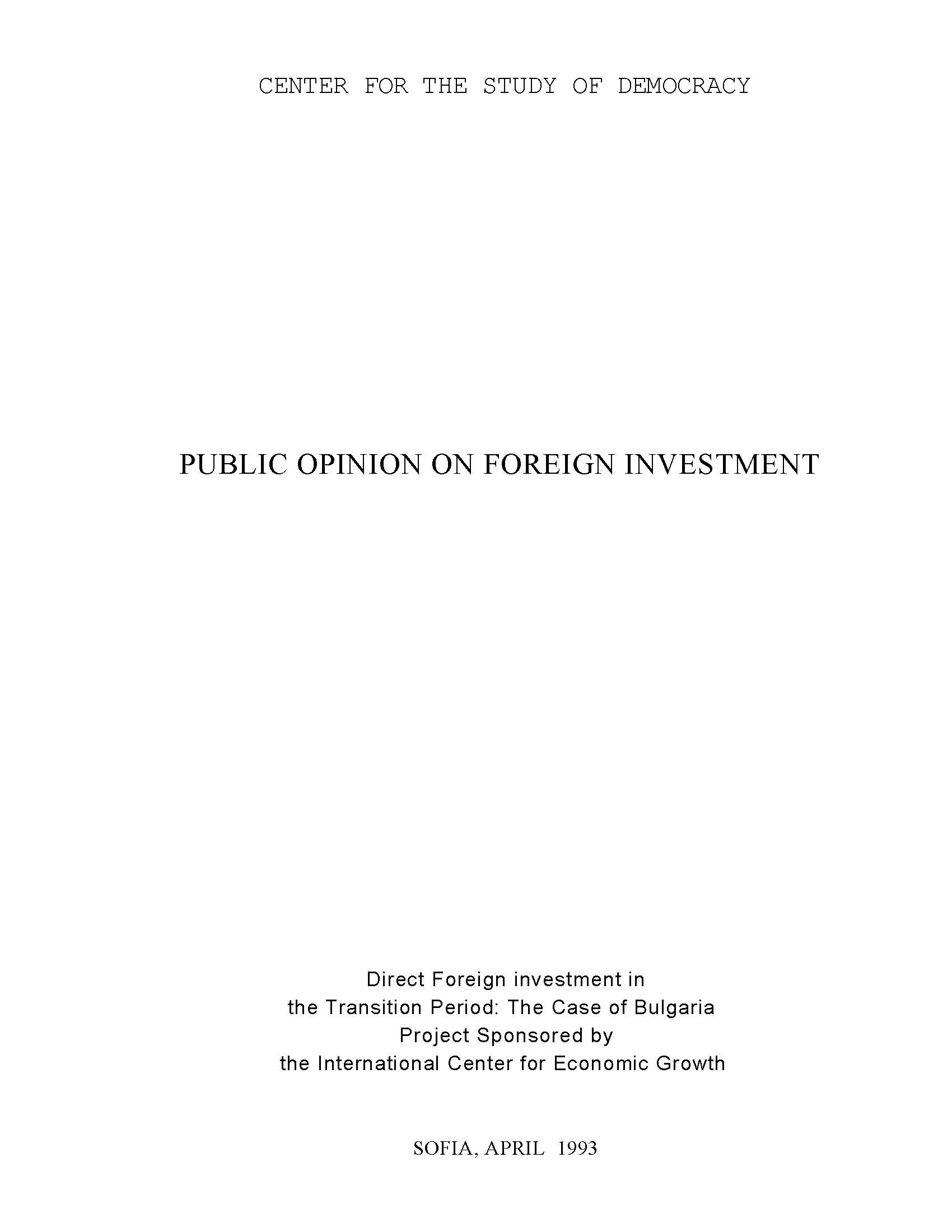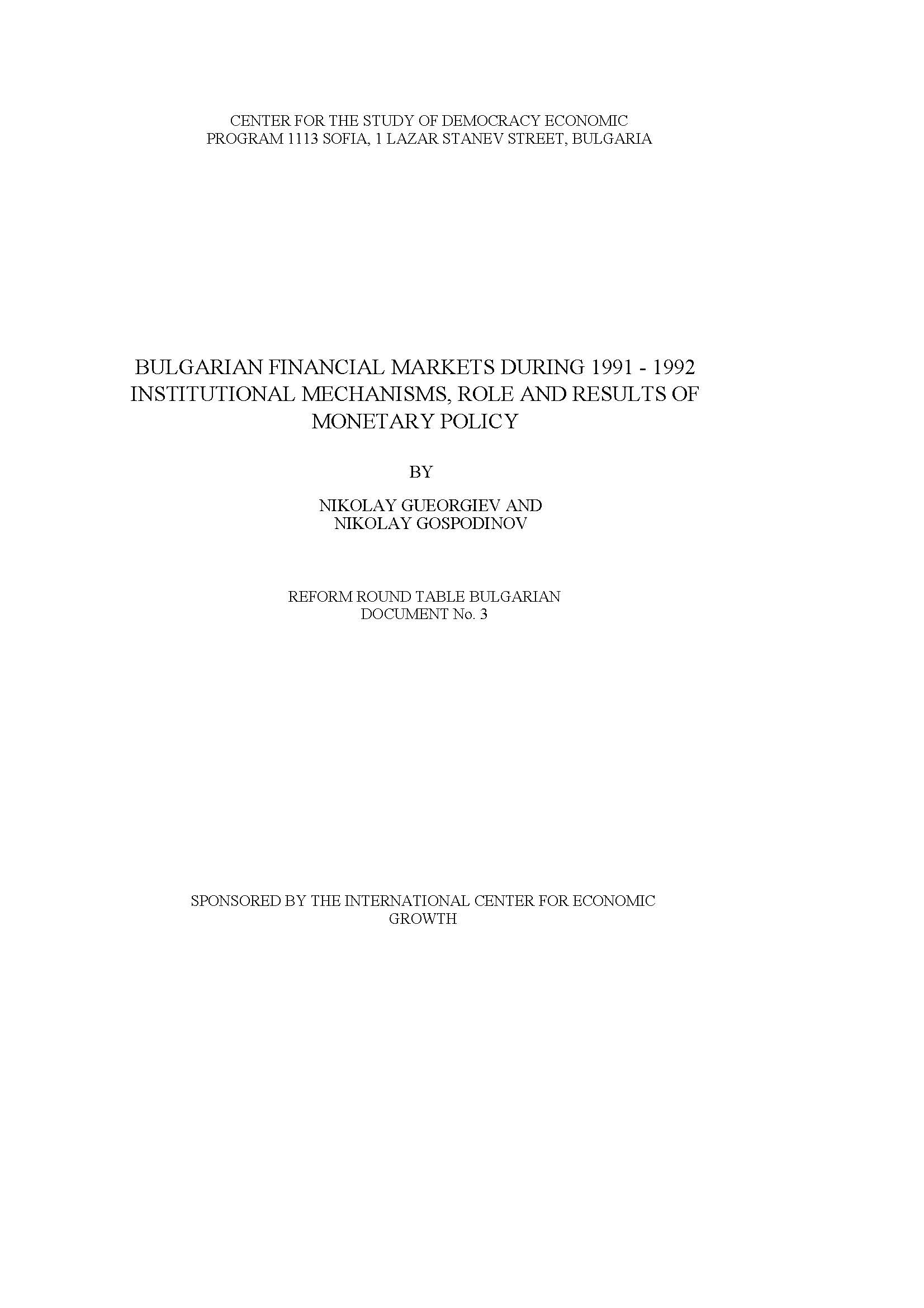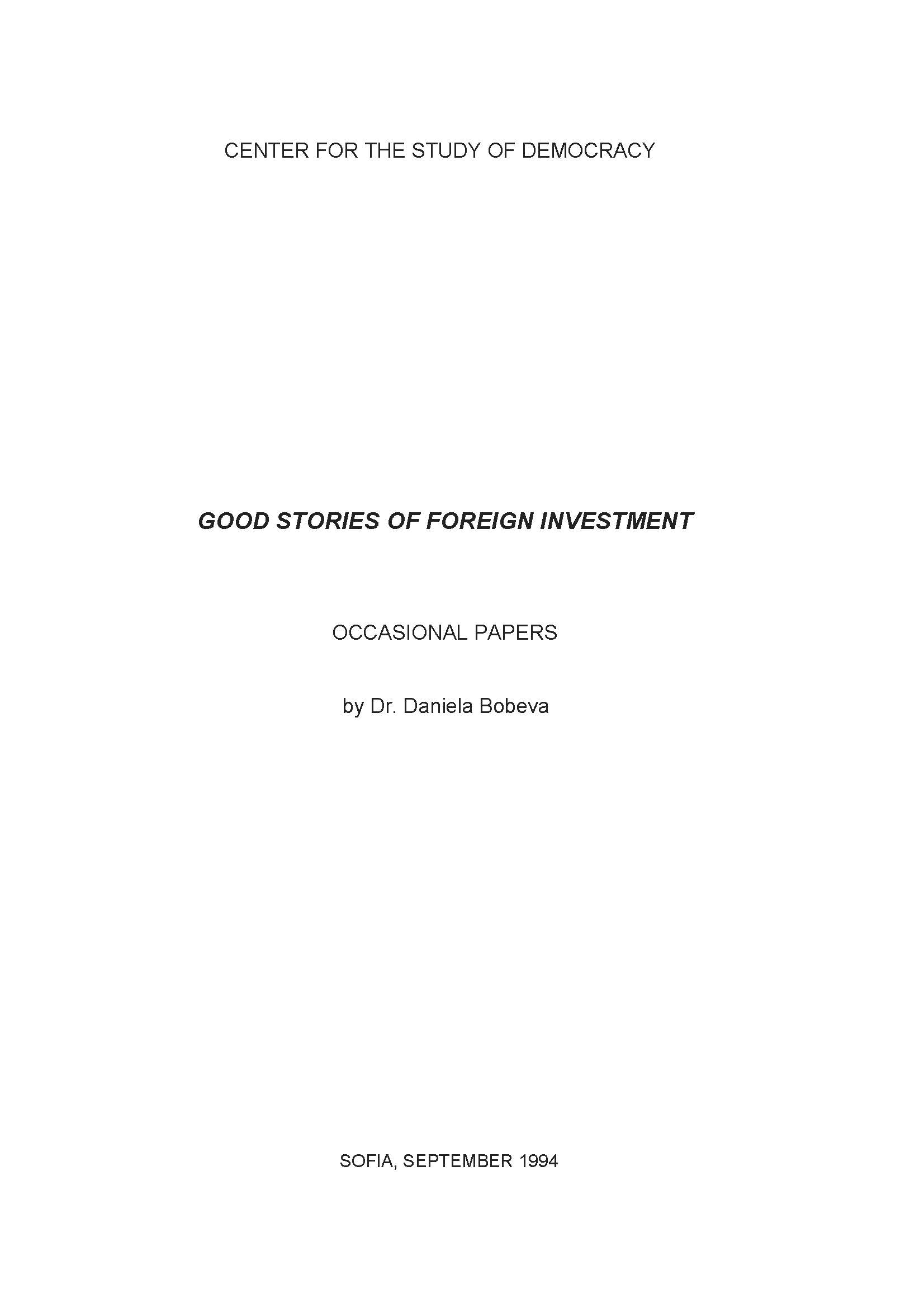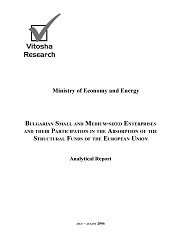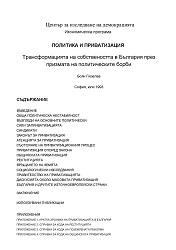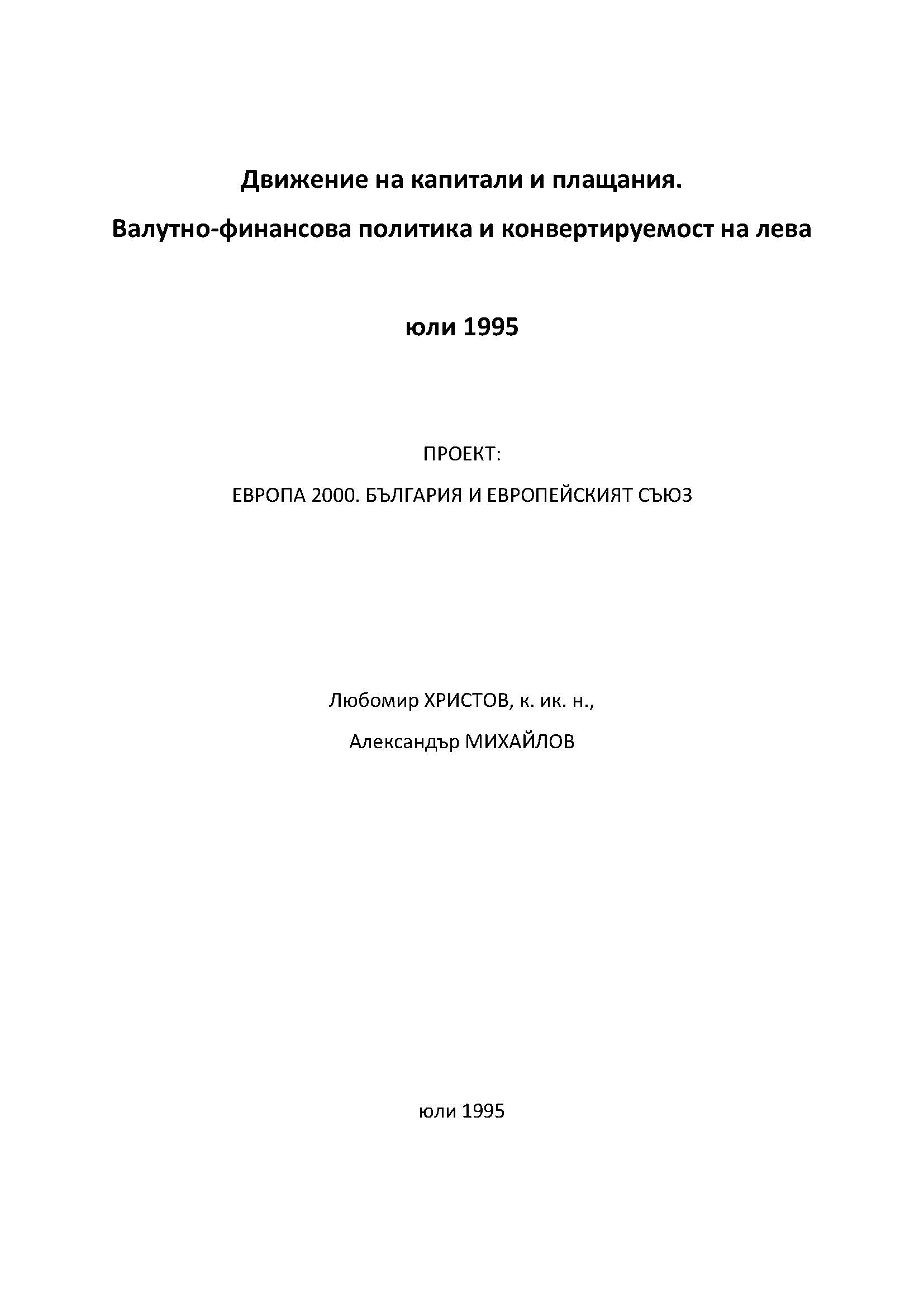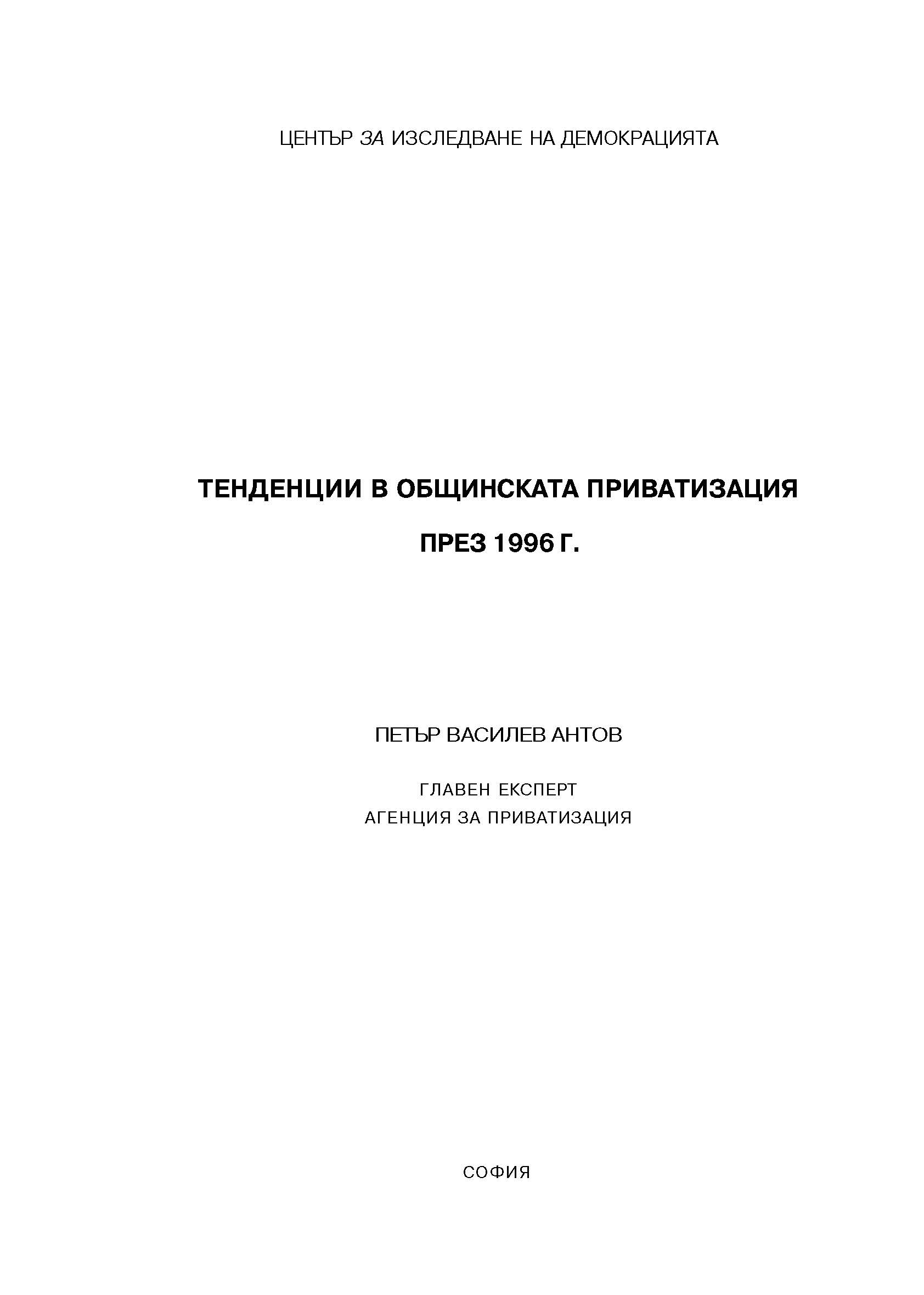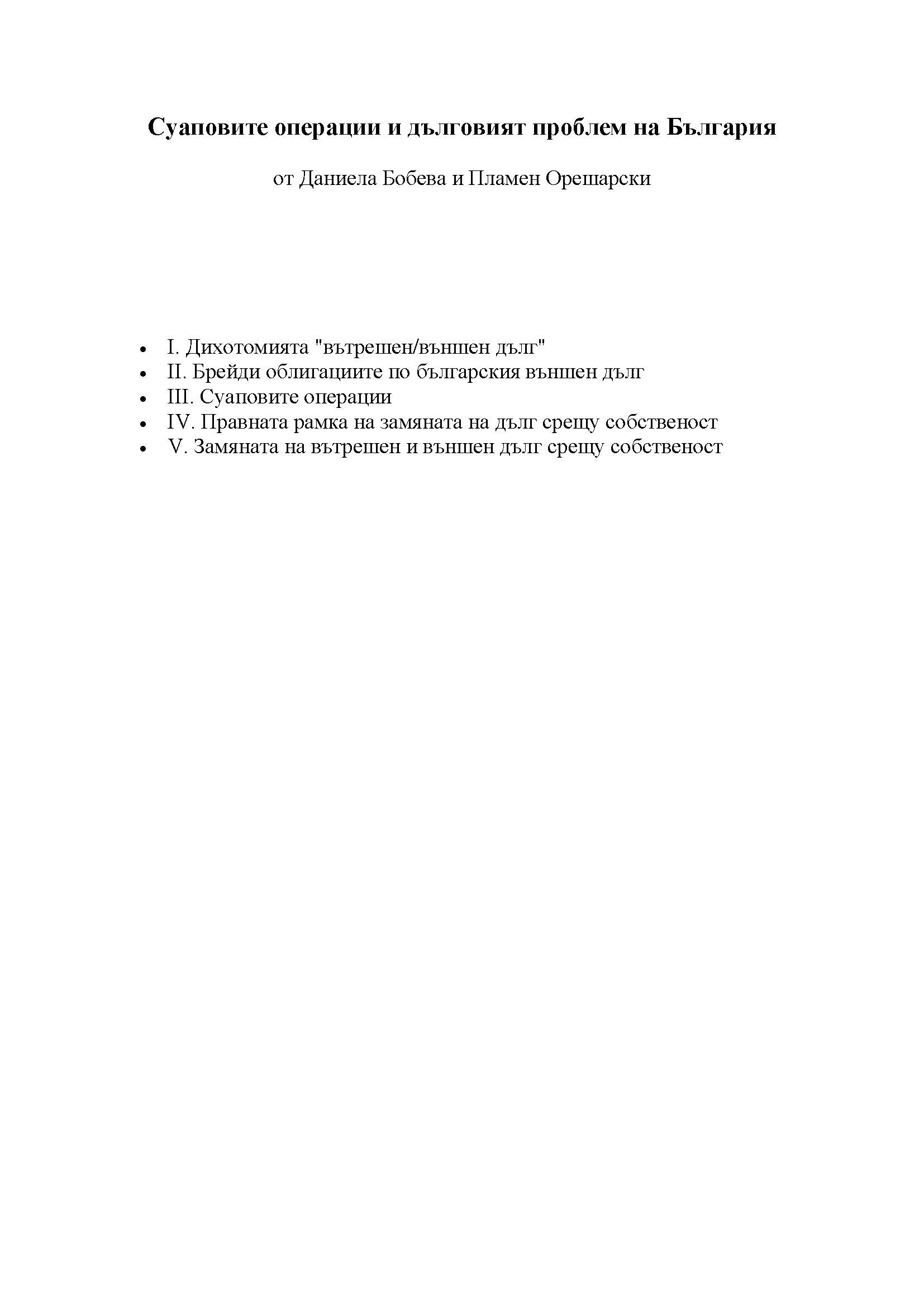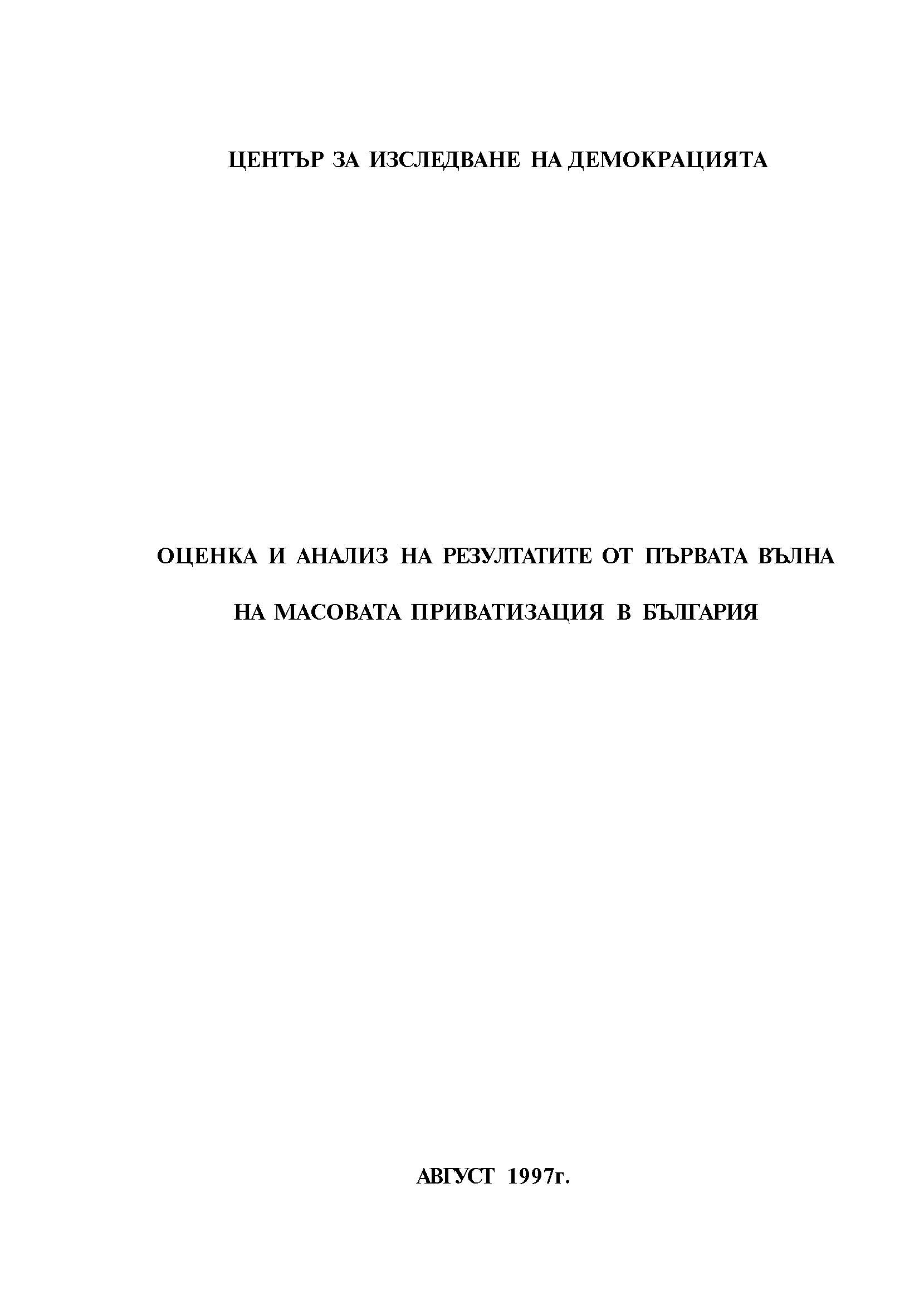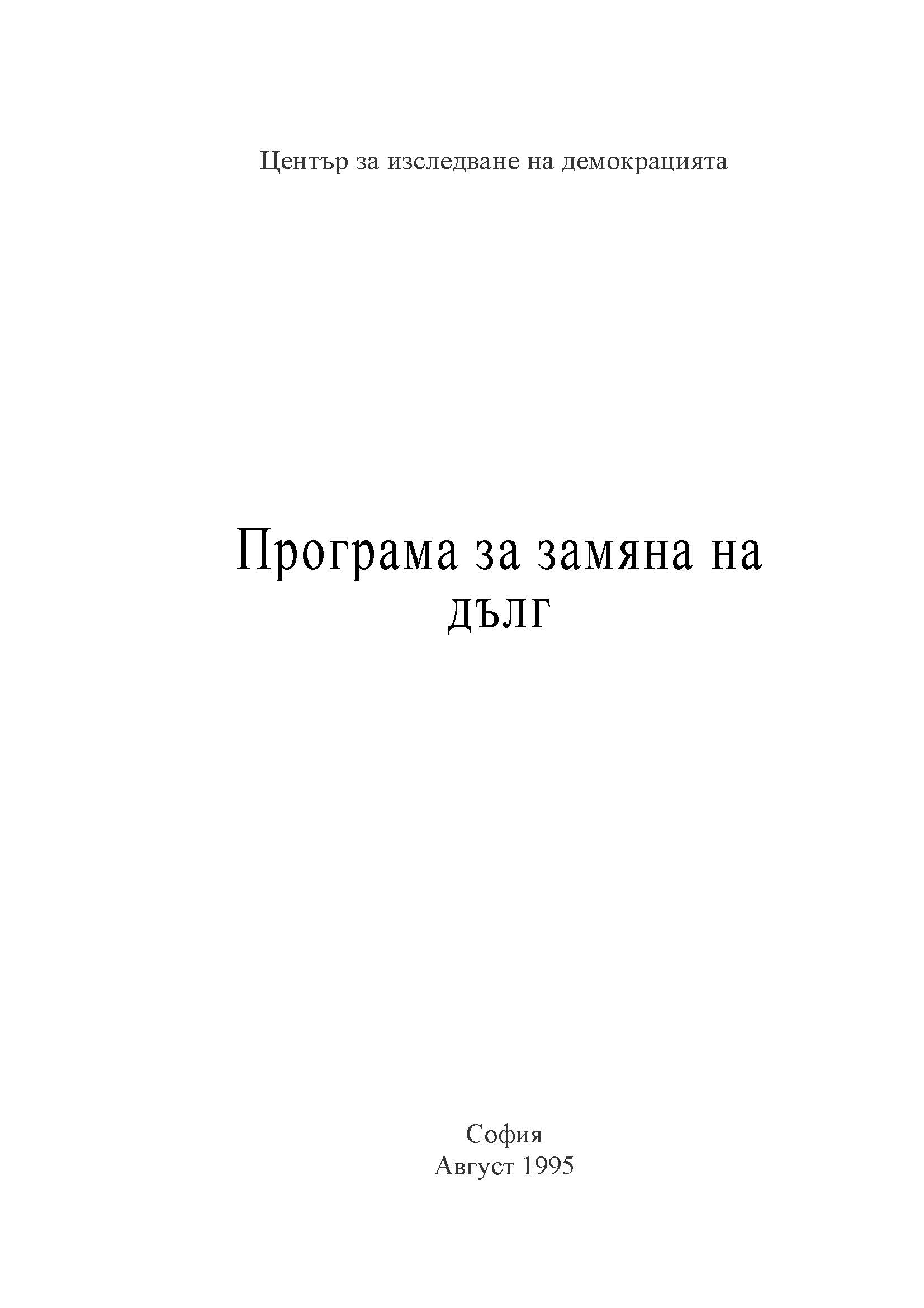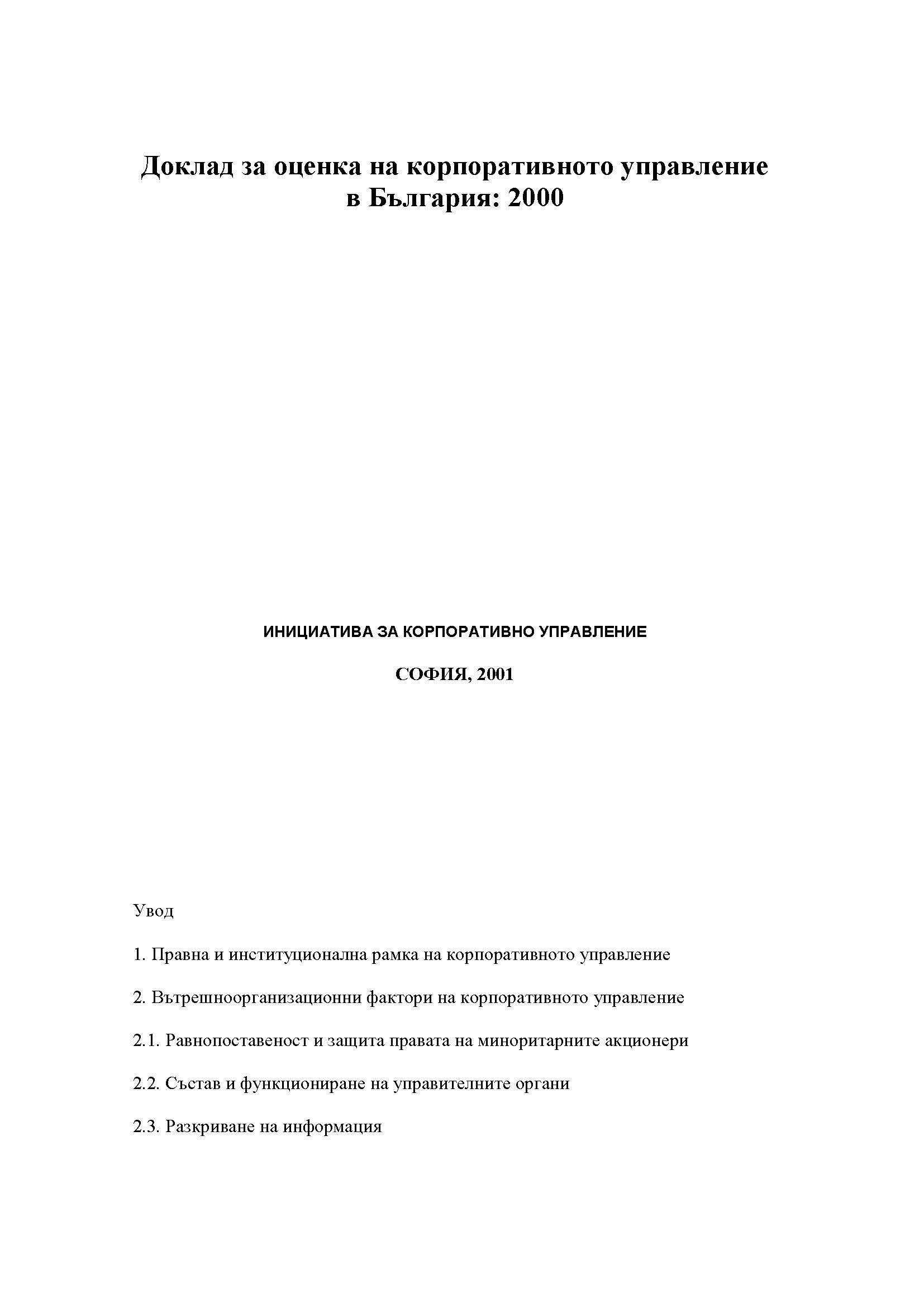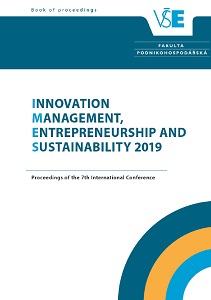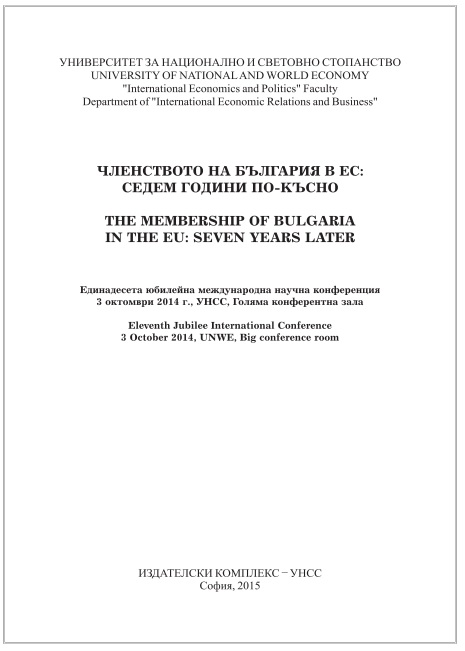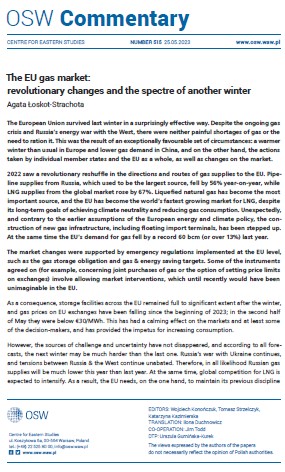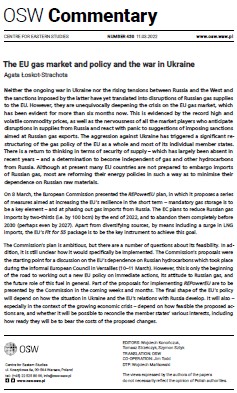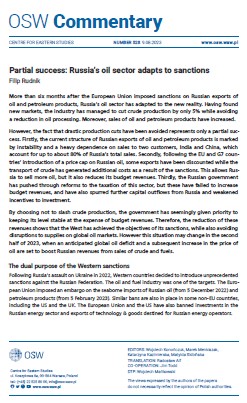Author(s): / Language(s): English
The 7th International Conference Innovation Management, Entrepreneurship and Sustainability (IMES 2019) took place on May 30 – 31, 2019 at the University of Economics, Prague. The conference was organised by the Department of Entrepreneurship of the University of Economics, Prague, Czech Republic in cooperation with other partners.Sound keynote speakers – Martina Musteen (San Diego State University, USA), Ilan Alon (University of Agder, Norway), Andrew Burke (Trinity Business School, Ireland), Arnim Wiek (Arizona State University, USA), Søren Salomo (Technical University Berlin, Germany) and Roy Thurik (Erasmus University Rotterdam, Netherlands) discussed the trends in the fields of innovation management, entrepreneurship and sustainability. The conference aimed to achieve academic excellence in a regional context and to establish a platform for mutual collaboration, exchange and dissemination of ideas among researchers and professionals.These conference proceedings contain contributions of the conference participants presented during both days of the conference. Authors of papers come from 22 countries all over the world, namely from Belgium, Bosnia and Herzegovina, Brazil, Bulgaria, Colombia, Croatia, Czech Republic, Finland, France, Germany, Hungary, India, Mexico, Paraguay, Poland, Portugal, Russian Federation, Slovakia, Sweden, Switzerland, USA and Vietnam. All these contributions have successfully passed the doubleblind peer-review process.
More...
